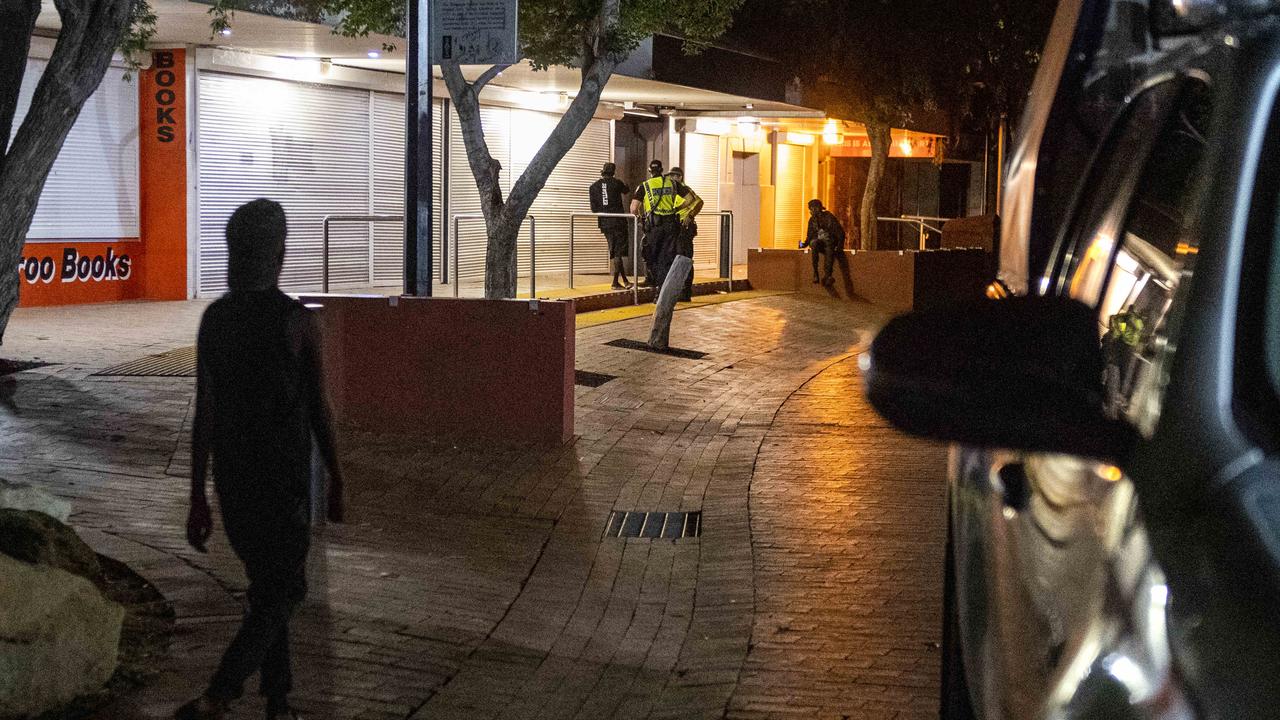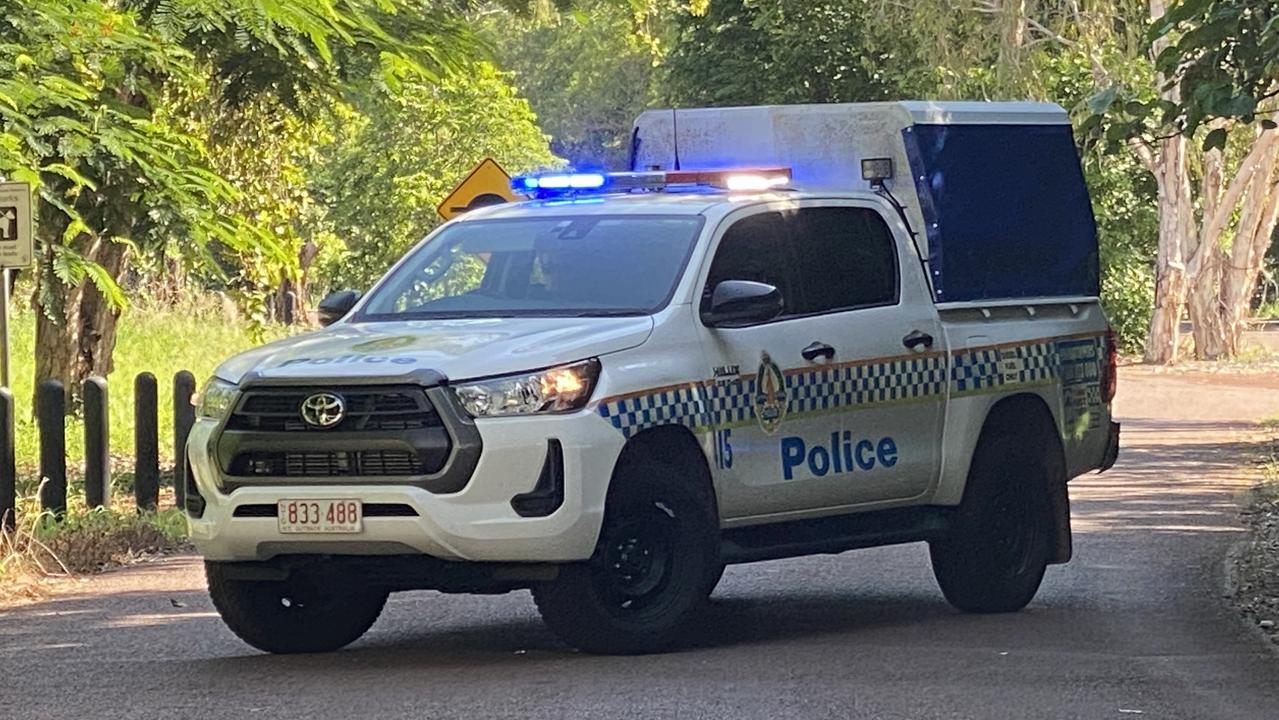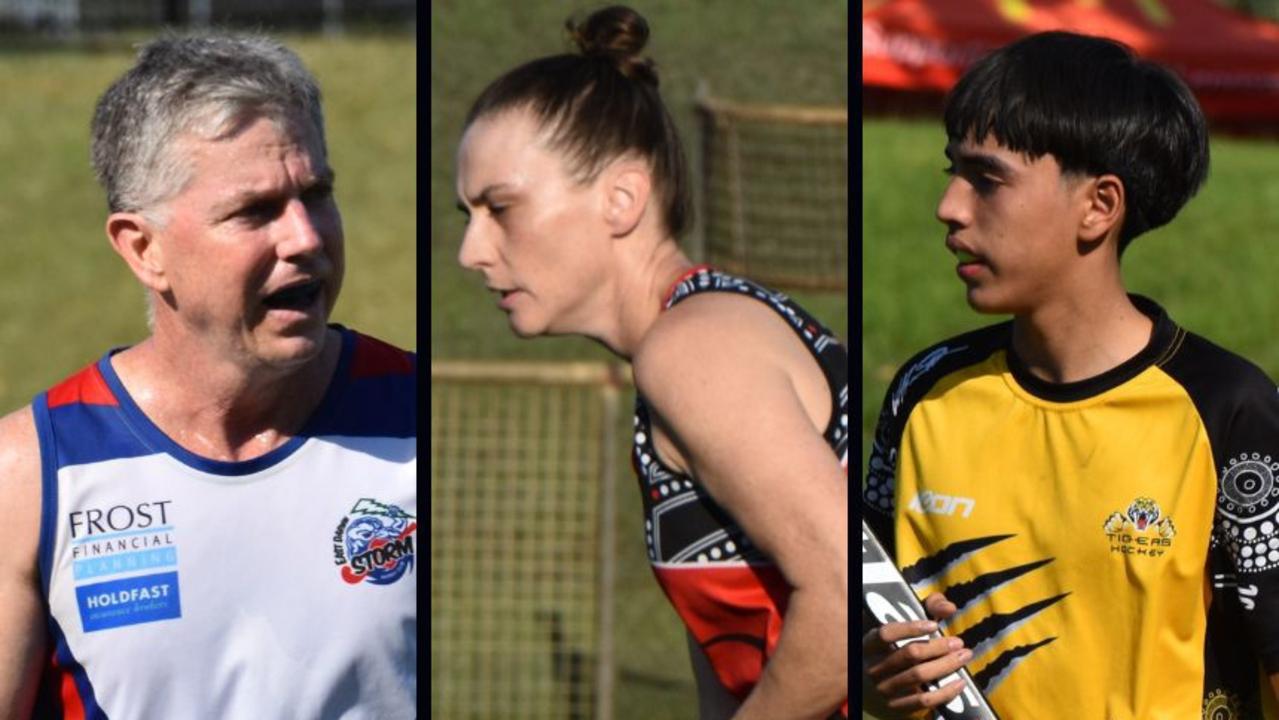Matt Cunningham weighs in on impact social media has on politics
There’s no doubt social media is flaming division. Political opponents are no longer just adversaries, in many people’s minds they are an enemy that needs to be destroyed, writes Matt Cunningham.
News
Don't miss out on the headlines from News. Followed categories will be added to My News.
In the 2020 documentary The Social Dilemma a former Facebook executive is asked where he thinks the decay of democracy caused by social media will end.
He gives a two-word answer: “Civil War”.
Four years on, just how close are we to that moment? About an inch.
That’s the distance to the right a bullet shot by Thomas Matthew Crooks would have needed to travel to kill former US President Donald Trump.
While Crooks’ motivation remains a mystery and there’s no evidence he had been directly influenced by social media, some events in the immediate aftermath of the shooting show just how warped and divided our society has become.
Within minutes of the shooting, anti-Trump activists were promoting a narrative that the whole thing had been staged.
“Nobody in the crowd is running or panicking,” one user posted on X in a tweet that garnered more than two million views.
“Nobody in the crowd heard an actual gun. I don’t trust it. I don’t trust him.”

We know, of course, that not only did the crowd hear a gun, one of the bullets killed former fire chief Corey Comperatore.
Over on the other side of the ever-widening political divide, the conspiracy theorists were busy pushing the line that this was a hit-job orchestrated by the Democrats.
“I guess because the court cases (against Trump) weren’t going so well, they decided to try a different avenue,” one user posted to his 1.2 million TikTok followers.
“Guys, don’t forget, this is what the left is capable of.”
There are, of course, other issues at play in the United States, a country that has seen four presidents assassinated.
But there’s no doubt social media is flaming division.
Political opponents are no longer just adversaries, in many people’s minds they are an enemy that needs to be destroyed.
Trump’s rhetoric and his own use of social media has contributed to this phenomenon.
And his opponents have repaid the favour in spades.
Here in Territory, we’re yet to descend to the level of anger and hate that exists in the US. But there are worrying signs we’re heading in that direction.
And much of that is being driven by social media narratives that take issues on which we might once have disagreed, and turn them into matters of life and death.
For most people, for example, climate change is a real issue that needs a measured government response, balancing our energy needs with the need to reduce emissions.
Follow the wrong social media rabbit-hole though, and you will find yourself in the middle of a “climate catastrophe” where “global heating” is about to result in the end of life as we know it.

It’s little wonder then that anti-fracking activists harassed former chief minister Natasha Fyles while she was running in Alice Springs.
Fyles is the most anti-gas chief minister in Territory history, but nothing short of an outright ban on all fossil fuels is enough for those who have been convinced the future of humanity is at stake.
Even more disturbingly, Fyles copped a pie in the face at the Nightcliff markets (allegedly) from real estate agent Suzi Milgate, who had claimed her concerns about crime and Covid-19 vaccination had been ignored.
Another former chief minister, Michael Gunner, had his home address chanted at an anti-vaccination rally.
There were many government decisions made during Covid-19 – such as widespread lockdowns and mandatory vaccination – that haven’t aged particularly well.
We would hope, however, that most reasonable people would believe these were the actions of governments trying to do their best to protect their constituents in unprecedented times. Another narrative, spread far and wide on social media, was that lockdowns and vaccinations were all part of a deep state conspiracy to control, and even harm, the broader population. When viewed through this lens it’s not hard to see how disagreement with a government decision can escalate to threats – and even acts – of violence against politicians.
Trump’s assassination attempt had prompted widespread calls for a more civil approach to political debate.
But when that debate increasingly occurs on platforms that are an unregulated mess, the decay of civil discourse will get worse, long before it gets better.
More Coverage
Originally published as Matt Cunningham weighs in on impact social media has on politics









